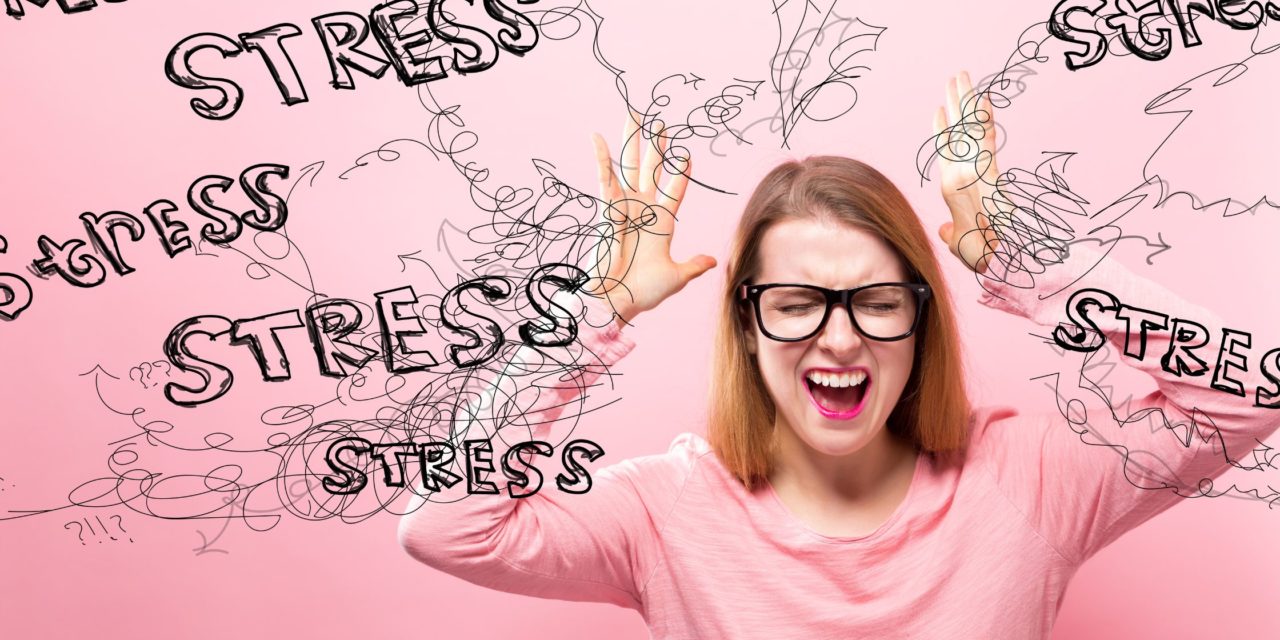Stress in the form of relationship problems, performance issues at work, or fear of economic stability can trigger mental health disorders. According to The National Library of Medicine, stress has a direct correlation with the development of addiction tendencies and is the cause of most relapses.
There are many ways to cope with a substance use disorder (SUD), such as free rehab centers, 12-step addiction groups, and drug and alcohol counseling. Below, we’ll explore each of these options and more, and how they may help you to work through a drug and alcohol addiction during a stressful period of life.
CONFIDE IN A FRIEND
Reaching out to loved ones — such as relatives, your partner, or close friends — is a healthy way to manage stress. One study conducted in Hawaii during the pandemic found that 65% of people found help in talking to a friend or family member.
Your friends and loved ones are there to help. They may have witnessed the patterns and behaviors that caused you to engage in substance abuse, or may even have their own experiences with addiction. These confidants can offer new perspectives and solutions to an issue, or simply listen as you let off some steam. Having a healthy outlet for conversation and verbal reflection can help to redirect urges to drink or use drugs.
ATTEND 12-STEP GROUP MEETINGS
If you prefer to speak with someone outside of your immediate bubble, 12-step groups, such as Alcoholics Anonymous and Narcotics Anonymous, are great tools. When you’re feeling stressed or overwhelmed, these groups are available to help you through cravings and difficult emotions.
According to a Stanford Medicine report done in 2020, Alcoholics Anonymous is the most effective path to alcohol abstinence. Meetings held by these groups are free to attend, observe, and participate in, and offer experience, support, and solution in dealing with stress while having an SUD. The amount of participation in a meeting is up to you.
SPEAK WITH A MENTAL HEALTH PROFESSIONAL
Dealing with stress by abusing drugs and alcohol is a mental health disorder, which requires medical and psychological attention. The National Alliance on Mental Illness reports that 46.2% of U.S. adults with mental illnesses received treatment in 2020.
Attending counseling or speaking with a therapist can help you identify triggers that make you want to pick up a drug or drink. They can also provide alternative methods for dealing with stress, and help you realize what situations to avoid that can lower the chances of experiencing stress. There are options for one-on-one appointments, as well as small group sessions.
INPATIENT AND OUTPATIENT REHAB
Another health care route is checking into a rehabilitation facility. In these centers, you will receive specialized help from professionals who are trained and certified in dealing with those with an SUD. You have two options when it comes to rehabilitation centers:
- Inpatient – If you need to step away from life’s stressors and feel you can’t stay sober when alone, inpatient rehabilitation may be a good option. In an inpatient rehab center, patients live on-site for an extended amount of time. They will be monitored and put into various substance abuse recovery activities, such as counseling and meetings.
- Outpatient – For those who have a shorter or less severe history of substance abuse, they can attend drug and alcohol counseling sessions without having to live on site. Patients attend group and individual sessions two to four times a week and learn how to incorporate these lessons into their daily lives.
Coping with a drug or alcohol addiction in times of heavy stress can almost seem impossible. Hopefully, by utilizing one or all of these options, you can learn to better manage stress and avoid relapse.

